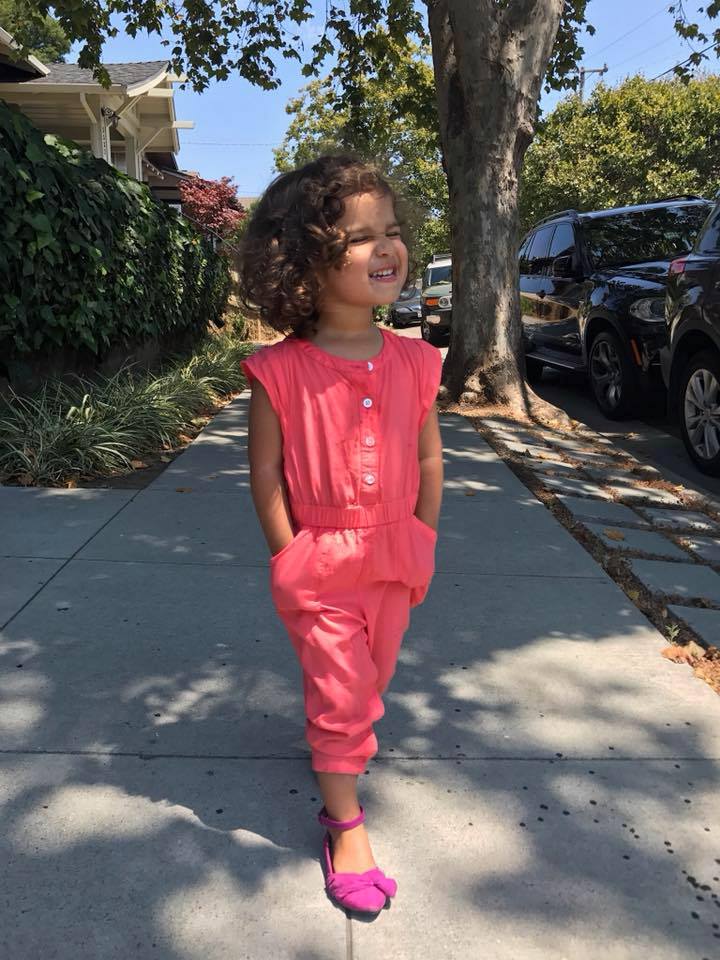One size fits all does not work
within childhood cancer.
Moving away from kitchen-sink chemo to individualized, targeted therapies is one way we will beat childhood cancer.
Attack the cancer, not the whole body.
The standard of care in cancer treatment for decades has been "one size fits all." If your child has neuroblastoma, we do this regimen. If something goes wrong, we try something else.
Precision medicine changes that. The human genome was mapped in 2003, and since then science has been working to understand what genomic mutations and changes cause each disease - including cancer. The Beat Childhood Cancer Research Consortium has been leading the charge in this area since 2010.
What we have learned means we can (and do) create personalized treatments for each child. We can treat each child's tumor specifically, like an IEP in school or a custom tailored suit.
Our multi-center research has been and is currently whole-genome sequencing children's tumors at diagnosis and relapse, working to understand how each tumor is behaving and why. We then add targeted therapies to standard of care, laser-focused on individual kids' cancers. Eventually, we hope to be able to treat with targeted agents only - avoiding that "kitchen sink chemo" oncology has relied on for so long.

Now a decade in, as we sequence each child's tumor, we gain an understanding of what mutations are driving a tumor to be cancer. The more we understand cancer, the cleaner and more effective treatments become.
